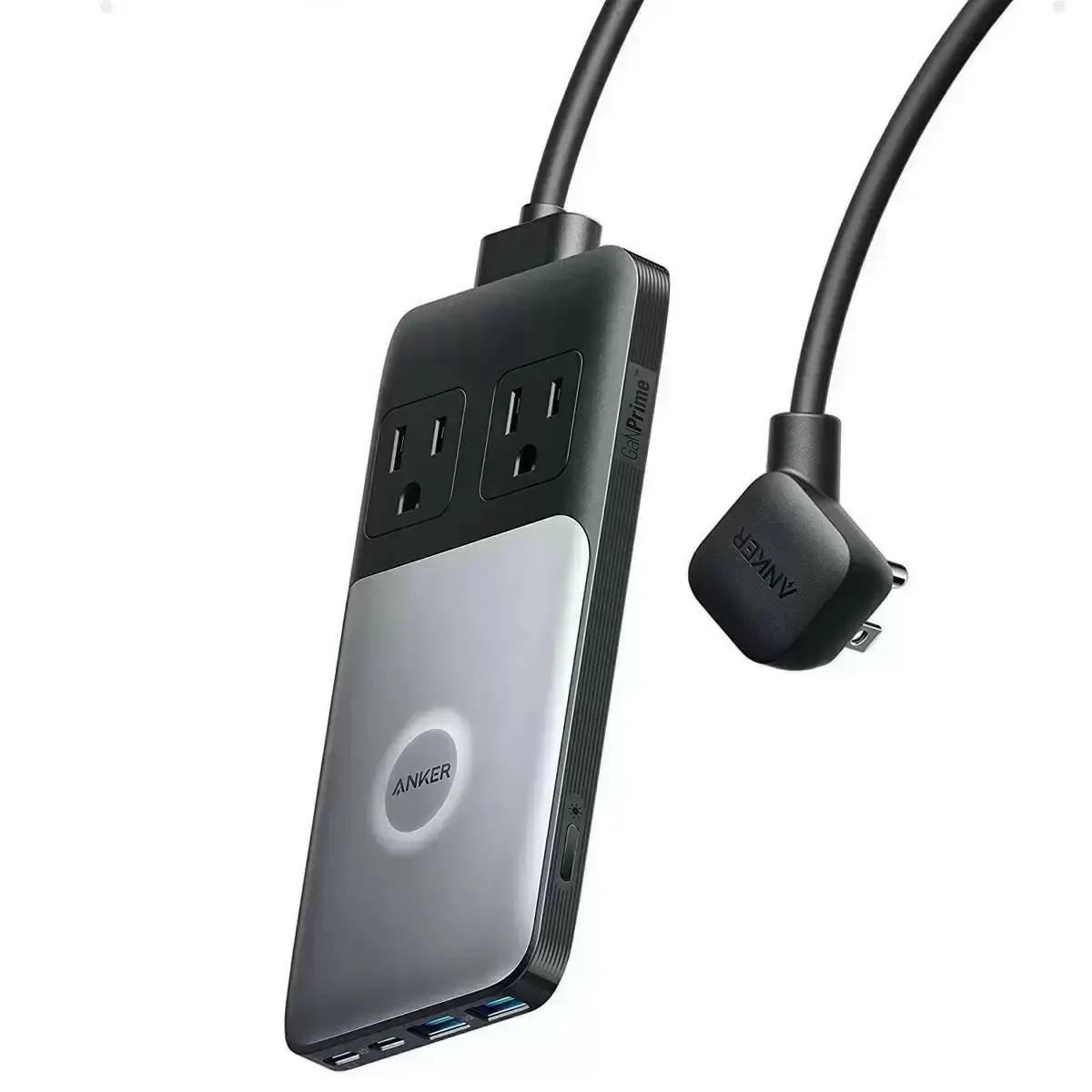Table of Content
Sweet says that you should make sure you have all your ducks in a row before you leave closing with the keys. “I like to make sure that new homeowners know when their first mortgage payment is due and where to mail it,” says Sweet. Once you’re under contract, you’ll enter the due diligence period, where you’ll make sure that the house you are buying is in the condition you want it to be. During a home inspection, an inspector will check the structure and systems of the home.
Almost all homeowners will pay for things like appraisal fees and title insurance. If you take out a government-backed loan, you’ll typically need to pay an insurance premium or funding fee upfront. Financial health is another way of stating what one's financial condition is and involves savings, expenses, and ongoing income through employment. It also involves a person's credit score, which determines the ability to qualify for loans such as those for homes or new vehicles and the terms of the loans.
Are you financially ready to buy?
Read over your inspection results with your agent and ask whether they noticed any major red flags. The seller can also come back with a counteroffer of their own. You can accept the counteroffer, reject it, or make another counteroffer. Your down payment is a large, one-time payment toward the purchase of a home. Many lenders require a down payment, because it mitigates the loss they might suffer in the event that a borrower defaults on their mortgage.
First-time homebuyers should look for a house that they can add value to, as this ensures a bump in equity to help them up the property ladder. Consider getting pre-approved for a loan before placing an offer on a home. In many instances, sellers will not even entertain an offer that’s not accompanied by a mortgage pre-approval.
How Much Home Can You Actually Afford?
Realize, though, that if you put down less than 20% of the cost of your home, you could end up paying private mortgage insurance . With an adjustable-rate mortgage , you can expect to see your interest rate vary over time. The initial rate is lower, but you run the risk of seeing the rate rise as market conditions change—and that means a higher monthly payment. In addition to establishing an emergency fund, consider getting out of debt before applying for a mortgage.

Preparing your income is all about pulling the right documentation together to show steady employment. If you’re on payroll, you’ll likely just need to provide recent pay stubs and W-2s. On the other hand, you’ll need to submit your tax returns and other documents the lender requests if you’re self-employed. If you have sold your home, you will not be able to use the program for your next purchase. If you have a low income and need help buying your first home, the Department of Housing and Urban Development Housing Choice Voucher homeownership programmay be able to help.
How much money should you have before buying a house?
You might be able to qualify for a sizable mortgage, but that doesn't mean you actually want to commit that much of your budget to housing. Business expert Michael Soon Lee, Ph.D., is an internationally recognized speaker and consultant whose clients include Coca-Cola, Chevron, Boeing, State Farm Insurance and General Motors. His articles have appeared in newspapers and magazines such as The Wall Street Journal, the San Francisco Chronicle, the Los Angeles Times and Consumer Reports. He was dean of the School of Management at John F. Kennedy University and served as an adjunct faculty member for Golden Gate University for over 20 years.
Again, affordability is the most important factor when buying a house. Consider price changes and mortgage rates when determining whether the monthly payment is manageable. You’ll also need to save money to cover closing costs – the fees you pay to get the loan. There are many variables that go into determining how much you’ll pay for closing costs, but it’s usually smart to prepare for 3 – 6% of the home value.
Interested? Here are a few things you should know about buying a mobile home:
If the seller accepts the offer, you can move onto the next step. Your agent will almost always write the offer letter on your behalf, but you can write it yourself if you choose. Your agent will then get in contact with the seller or the seller’s agent to submit the offer.

If the seller rejects your offer, you might make a counteroffer or walk away — it depends on why they turned you down. If the seller counters, talk it out with your agent to decide whether to accept or make your own counteroffer. It's during these negotiations that a buyer's agent really earns their keep. This change also allows you to establish an even stronger payment history on your credit report.
A licensed real estate agent has the experience to negotiate contracts based on the laws of your state and can help you navigate who should pay which fees. They typically have a good handle on how much houses are selling for, so they can help you negotiate a price based on current data. FHA loans are less of a risk for lenders because the government insures them if you stop making payments.

Though you don’t need to live in your home for the entirety of your mortgage term, it’s still a big decision. Unless you’re buying a second home or investment property, you might need to sell your current home first, which can take time. Your credit score plays a huge role in what loans and interest rates you qualify for.
In many cases, a parent will choose a gift of equity to help their child avoid a down payment for a home purchase. No cash actually changes hands — the parents simply gift a dollar amount of the equity toward the down payment. The rules for a gift of equity work differently than regular cash down-payment gift rules.
If your score is below 600, you probably should look into an FHA loan or VA loan. When it comes to the actual number, anything less than a 670 FICO® Score is considered “bad” or “subprime,” according to Experian™, one of the three main credit bureaus. More specifically, a fair score is 580 to 669, while a poor score is 300 to 579. The thing about having poor credit is that it’s not the same as someone else’s bad credit.

No comments:
Post a Comment